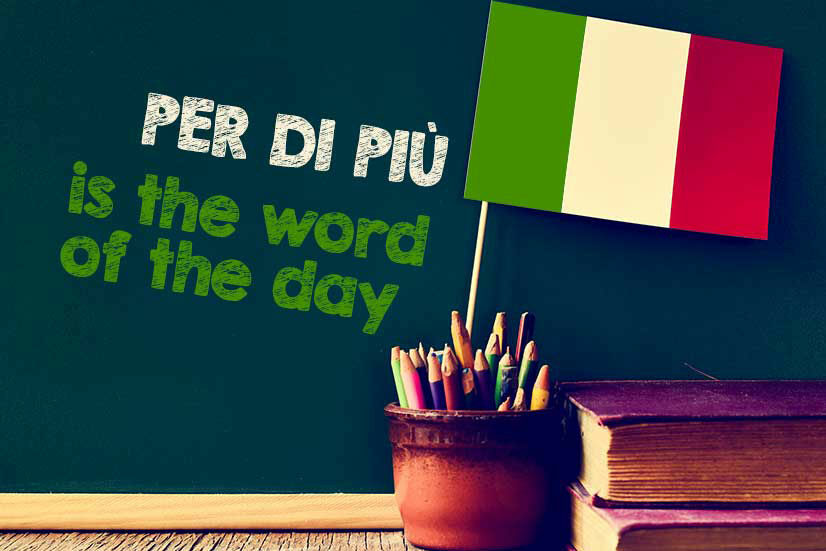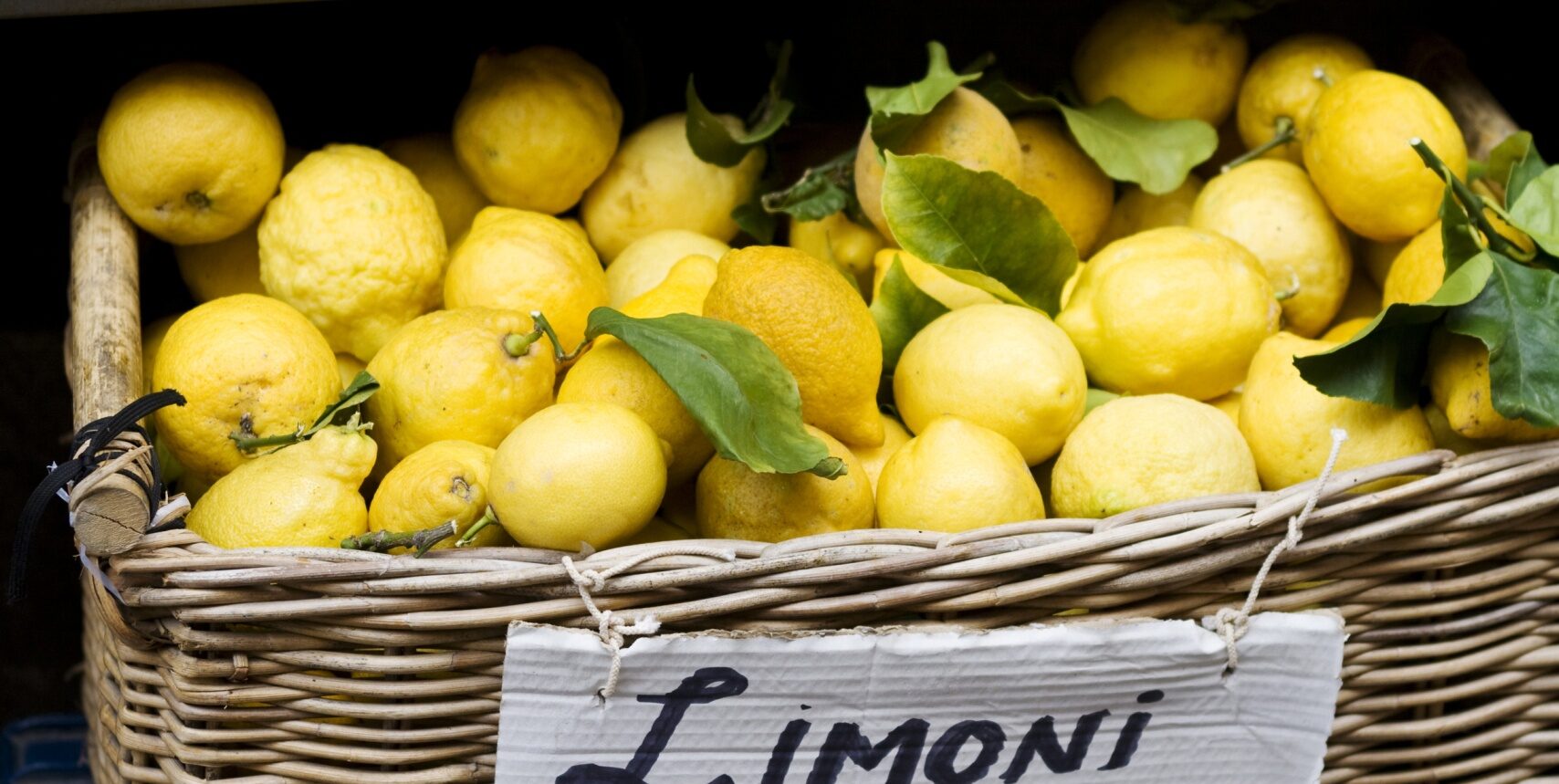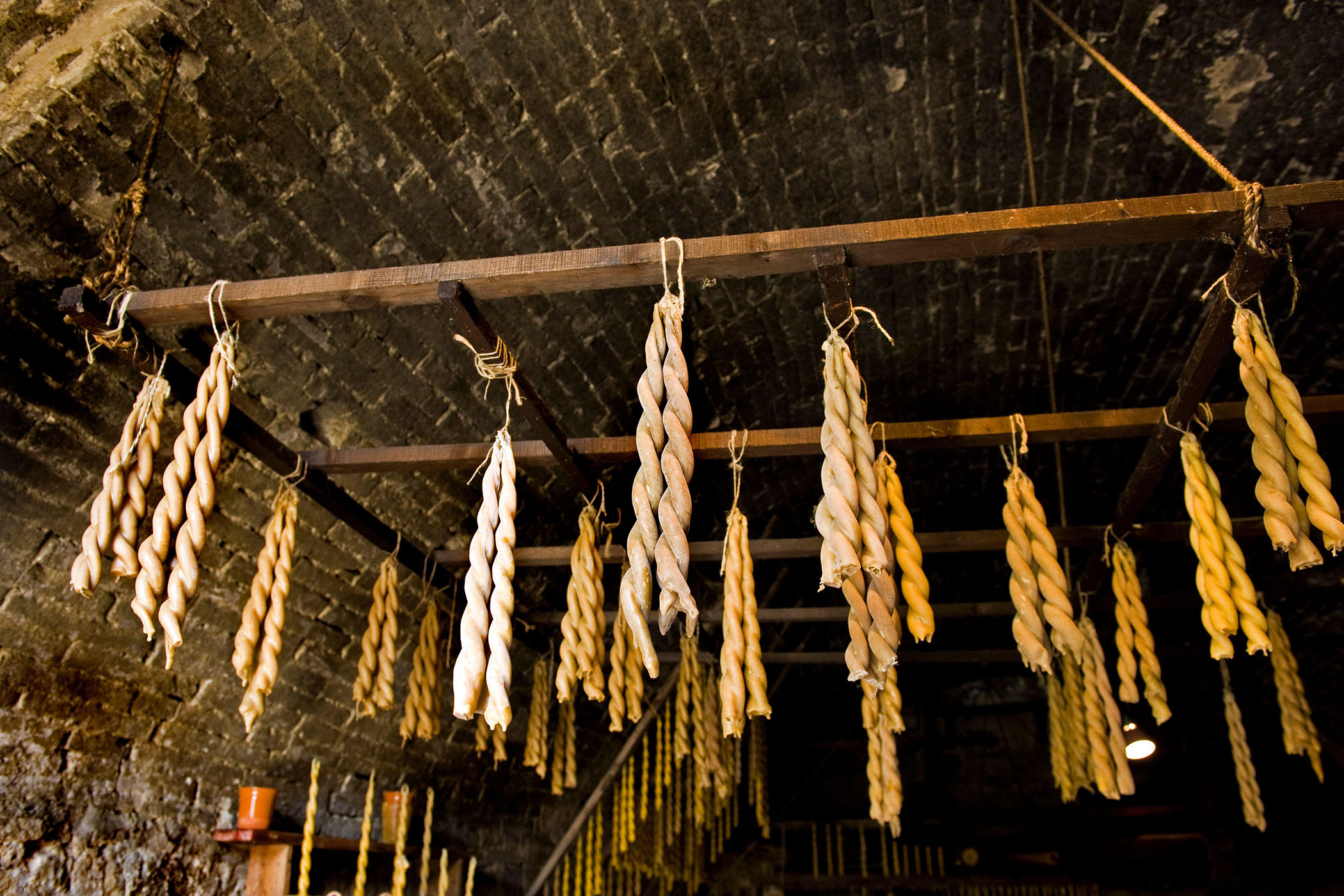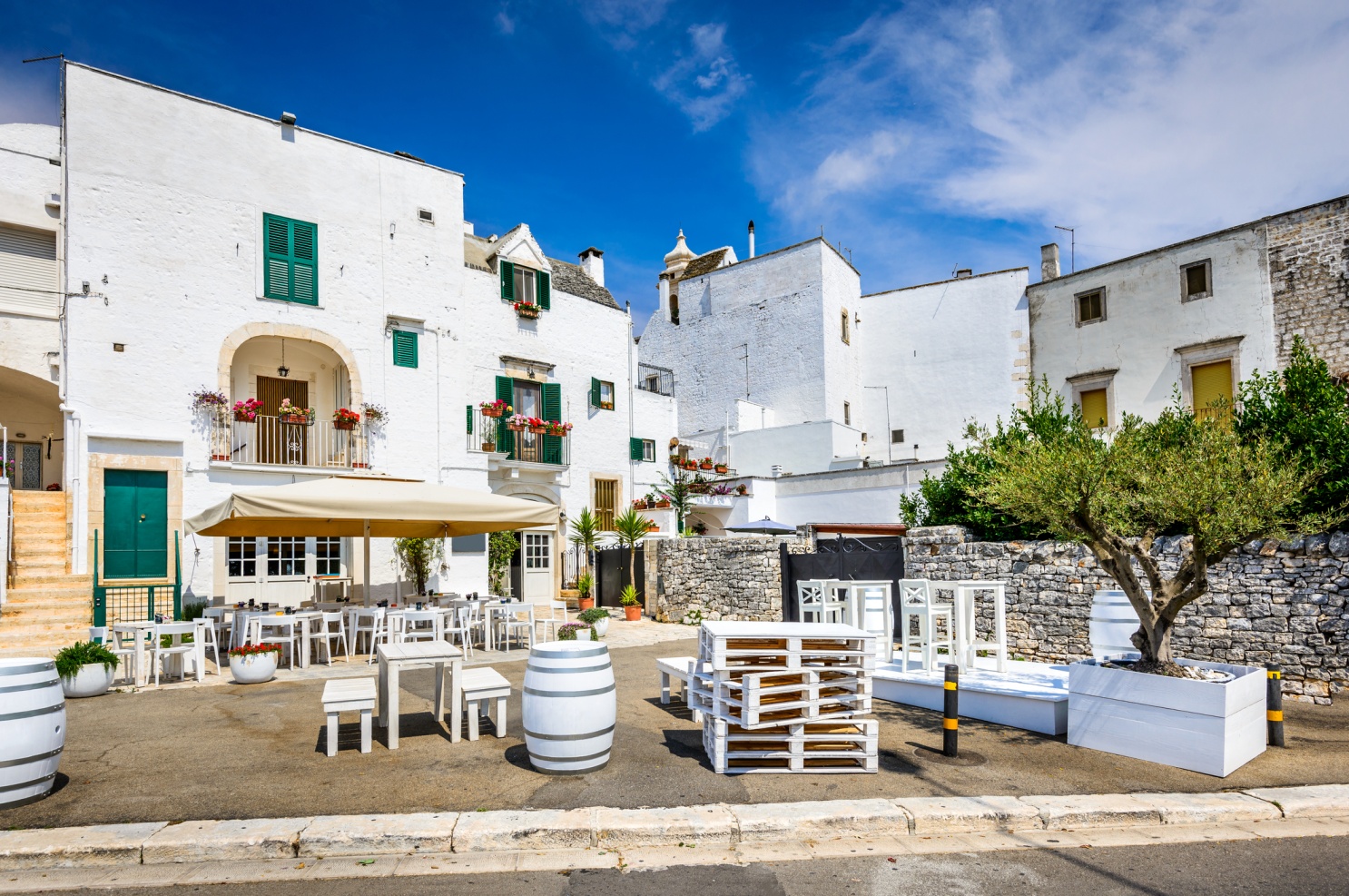Staff
The Italian expression per di più (pair dee peeoo) is typically used to introduce additional information, emphasizing that it supports or enhances the previous statement. In English, per di più can be translated in several ways, depending on the context, …
The word arzillo is an adjective used to describe someone as lively, spry, or vigorous, often implying a surprising level of energy despite age or expectations. It conveys a sense of being spirited and active, and it’s frequently used to …
San Pellegrino, a name synonymous with Italian sparkling mineral water, has been part of the country’s culinary and cultural history since its establishment in 1899. Originating from San Pellegrino Terme, in the Alps of Bergamo, the brand embodies the Italian …
(Los Angeles, CA – April 12, 2024) Fondazione Italia (https://italianfoundation.org/), a leading Italian Language school both in the classroom and online,®has announced a partnership with Order Sons And Daughters Of Italy In America (OSDIA). OSDIA (http://osdia.org/) announced this partnership in the April issue …
The Sagra del Limone di Monterosso which, this year, is celebrated on May 18, 2024, is a fragrant and fun homage to the citrus heritage of Cinque Terre’s largest village. The annual event transforms Monterosso into a lively celebration of …
The invention of radar, an acronym for Radio Detection and Ranging, is a key development in technology with significant military and civilian applications. While radar’s development was a collaborative effort involving many scientists and countries, the foundational work of our …
In the little town of Bevagna, Umbria, we find an example of long-lasting Made in Italy craftsmanship, established almost 800 years ago. The Cereria Medievale di Bevagna, founded in 1250, carries its age with nonchalance. As part of the broader …
If we think of a white city in Puglia, of course, we think of beautiful Ostuni, but there is another one: Locorotondo. Locorotondo, one of the Borghi più Belli d’Italia, is located in the heart of Puglia’s Valle d’Itria, at …
As with many other words in the Bella Lingua, it too derives from Latin, more specifically from the neuter noun insigne and, even more precisely, from its plural insignia, which meant “banner,” just like in Italian, but also “badge.” The …
The pasta strainer, or scolapasta, holds a distinguished place in every Italian kitchen: how would we do without it? As you may expect, it was invented in Italy but, unlike many other national inventions, we don’t have a precise name …










